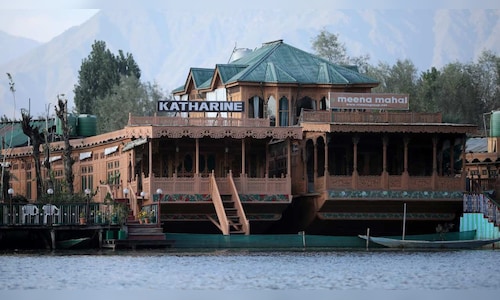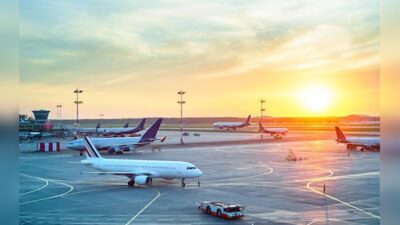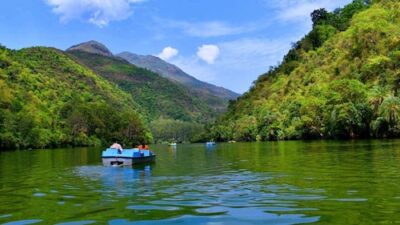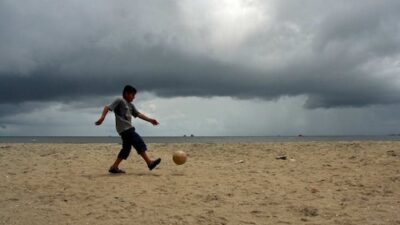There were high hopes within the industry that tourist numbers in 2025 would exceed last year’s 1.08 crore visits during the January–June timeframe, but this attack has effectively halted inbound tourism.
Industry experts report that the effects were felt immediately. “Following the Pahalgam incident, all bookings were canceled. New tourist arrivals are down to less than 10% this time. The losses are in the crores,” said Tariq Ghani Bedaba, Secretary General of J&K Hoteliers Club, in an interview with CNBC-TV18.
Also read | Jammu and Kashmir will soon become a hub for religious tourism
While the Jammu administration has reopened 16 of the 48 tourist sites that were closed after the attack, visitor numbers remain low. The wider economic impact has been significant. Hotel operators, houseboat owners, and transport services are now contemplating job reductions due to the drop in tourist traffic.
“I employ around a thousand people. I’m considering job cuts of 90% to 95%,” remarked Manzoor Pakhtoon, Chairman of the Kashmir Houseboat Owners Association. Bedaba also noted, “Our industry employs 3 lakh people. They could become unemployed. I’m preparing to reduce my workforce by 50%.”
Though the Indian government and the Jammu & Kashmir administration are implementing various strategies to rejuvenate tourism in the union territory, those on the ground claim they have yet to see any meaningful outcomes.
Also read | Travel agents in India assure complete support to revive tourism in Jammu and Kashmir
The current downturn is perceived by many as being worse than the COVID-19 pandemic, with Dal Lake’s shikaras motionless and local markets eerily quiet. With the summer season nearly lost, the industry is now hoping for a rebound in October, just ahead of the winter season, though the future remains uncertain.
(Edited by : Jerome Anthony)



